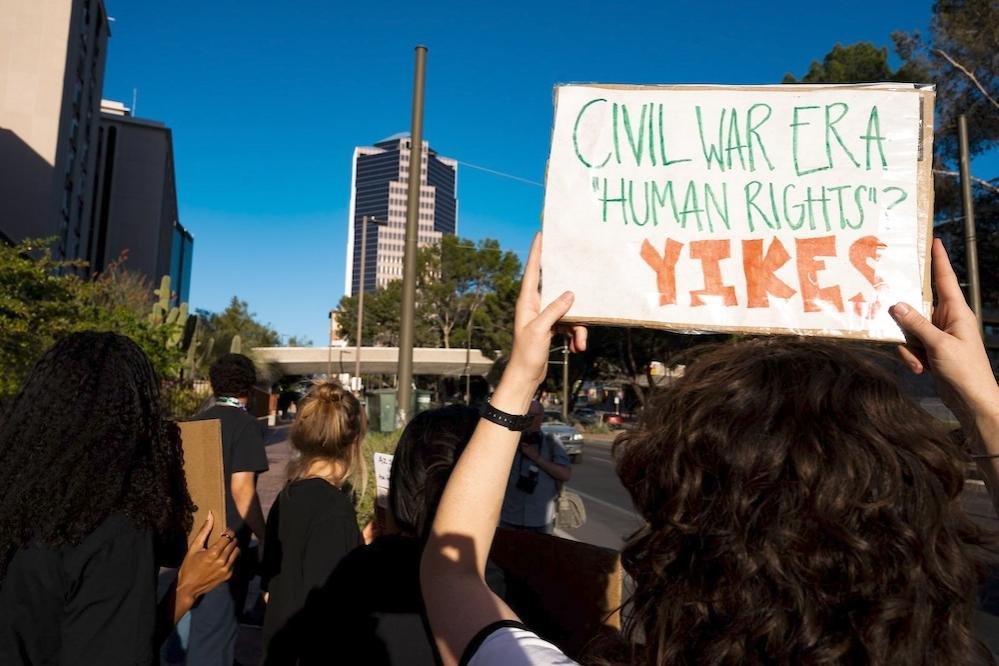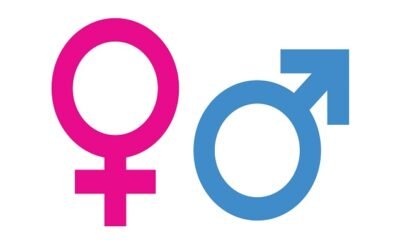crime
Over 200 Women Charged for Pregnancy-Related Crimes in Post-Dobbs Era

In the aftermath of the U.S. Supreme Court’s overturning of abortion rights in June 2022, a significant increase in the criminalization of pregnancy-related conduct has emerged. A recent report from Pregnancy Justice, a nonprofit dedicated to advocating for pregnant individuals, reveals that over 200 women encountered criminal charges linked to their pregnancy, pregnancy loss, or childbirth between June 2022 and June 2023.
Researchers scrutinized data from 12 states, identifying 210 cases of pregnant women charged predominantly for alleged substance use. Alarmingly, in two-thirds of these instances, substance use was the sole accusation against the women. Alabama, Mississippi, Ohio, Oklahoma, South Carolina, and Texas accounted for the majority of these cases.
Lourdes Rivera, president of Pregnancy Justice, emphasized that the findings indicate a worrying trend of increasing criminalization post-Roe v. Wade. “In states with abortion bans, scrutiny surrounding pregnancy loss has intensified,” she stated. However, the prosecutions were rarely rooted in abortion laws. Instead, charges like child neglect and endangerment stemmed from a controversial legal concept known as fetal personhood, which equates the legal rights of a fetus with that of a born individual.
“Focusing solely on abortion laws misses a critical aspect of how pregnant people are being criminalized,” Rivera explained. This expansion of fetal personhood is shaping the legal landscape in which charges are brought against women for perceived threats to their pregnancies.
Charges of child abuse or endangerment often come with more severe penalties than typical low-level drug offenses. Wendy Bach, a law professor at the University of Tennessee, articulated that prosecutions frequently leverage the idea of fetal personhood, leading to charges that generally don’t reflect explicit pregnancy-related statutes. Proponents in several states, including Alaska and West Virginia, attempted to introduce fetal personhood bills this legislative session, though none advanced.
Critics of the current legal approach articulate concerns that such prosecutions deter women from seeking necessary health care for fear of legal repercussions. The majority of women charged fall within low-income demographics. In states like Alabama, where nearly half of the reported cases originated, laws have explicitly codified personhood for fetuses, increasing prosecution rates under existing chemical endangerment laws.
In particular, Alabama has not only maintained a high incidence of such prosecutions but has seen a rise in cases attributed to district attorneys’ varying interpretations of law, according to Brittany VandeBerg, a researcher at the University of Alabama. She noted a lack of adequate resources for addiction treatment, leaving arrests as one of the few options available to law enforcement.
Health outcomes for newborns are not always a concern in prosecutions; in many instances, women have faced charges despite their infants showing no signs of harm after birth. VandeBerg expressed shock at such legal actions, pointing out the severity of penalties under Alabama’s chemical endangerment law, which can carry lengthy prison sentences.
A recent Oklahoma case highlighted the complexities of these prosecutions. In an instance where a woman was charged with felony neglect after her child tested positive for marijuana post-birth, the court ultimately exonerated her. She had legally used medical marijuana for severe nausea during pregnancy. This case, among others documented by Pregnancy Justice, underscores a troubling trend where women are prosecuted despite having legal medical justifications.
The report also examined a handful of cases directly linked to abortion allegations, some resulting in homicide or neglect charges. The implications of these findings suggest a critical intersection of health, legal, and social issues surrounding the rights of pregnant women. The expanding impact of fetal personhood laws continues to shape the experience and treatment of pregnant individuals across various states.


















